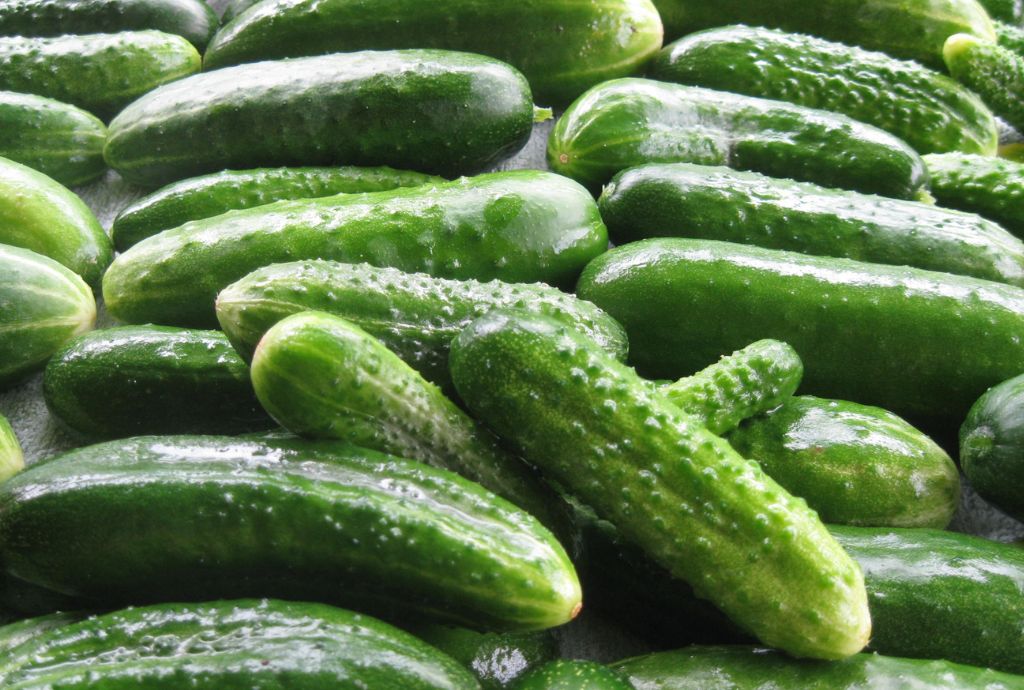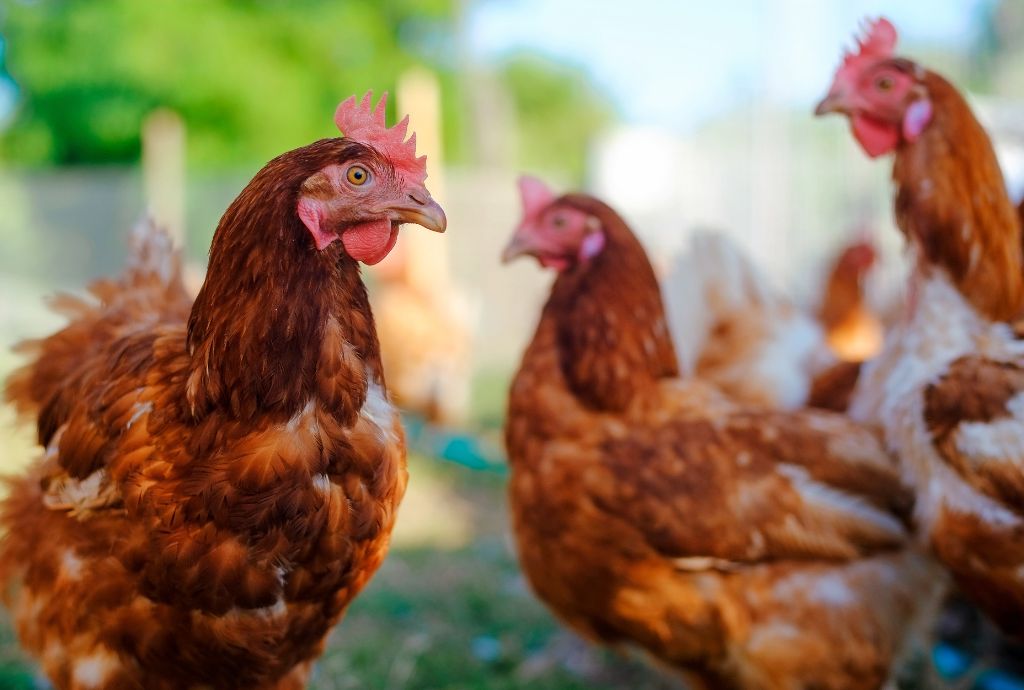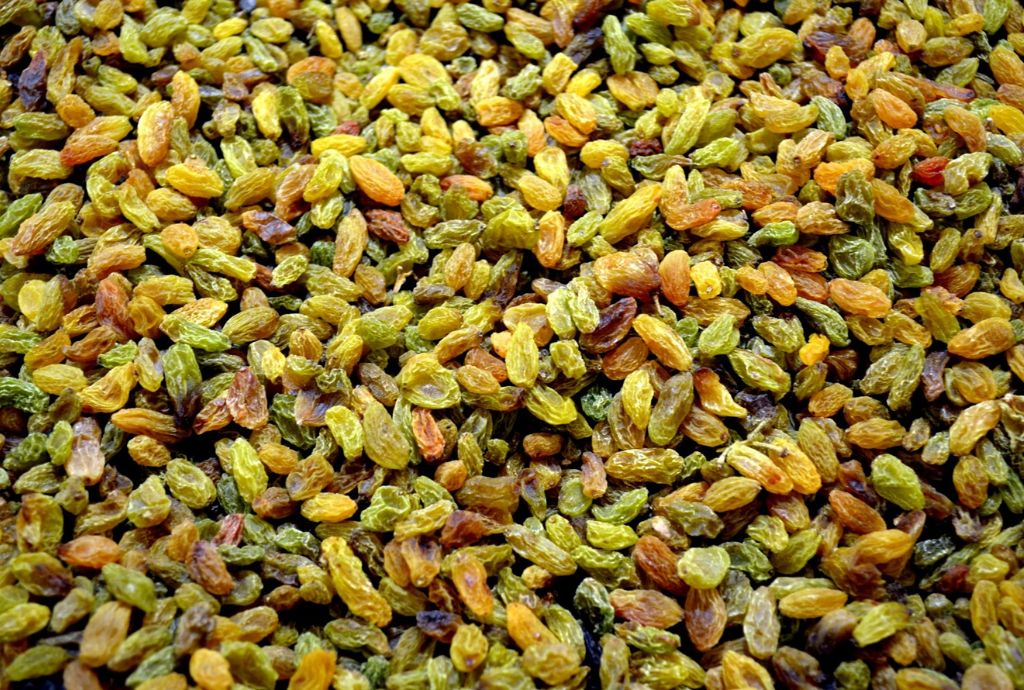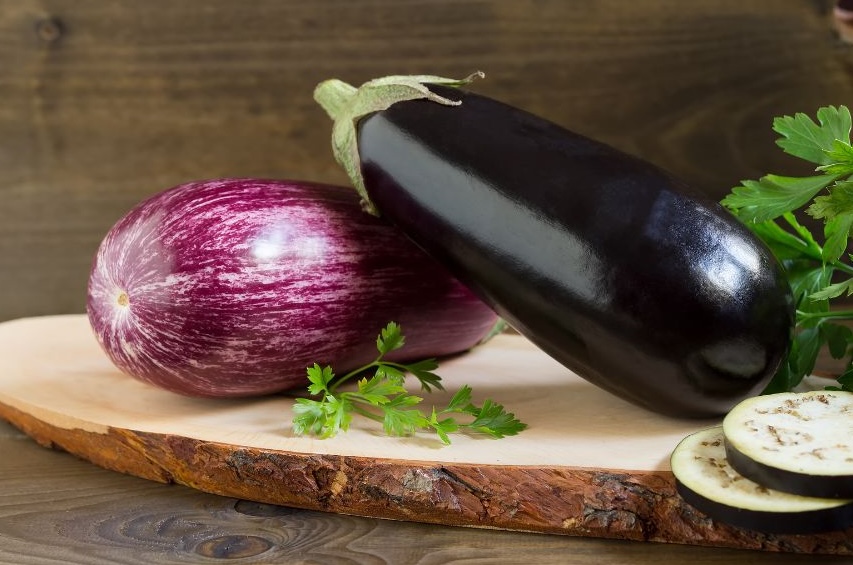
Chickens are known for their diverse diet, which often includes a variety of fruits and vegetables. One common question among poultry enthusiasts is, “Can chickens eat cucumber?” The answer is a resounding yes! Cucumbers can be a refreshing and nutritious addition to a chicken’s diet. Not only are they hydrating due to their high water content, but they also provide essential vitamins and minerals that can benefit your flock’s overall health.
Understanding the dietary needs of chickens is crucial for any responsible poultry keeper. When incorporating new foods into their diet, it’s important to know which ones are safe and beneficial. Cucumbers, being low in calories and rich in nutrients, can be an excellent treat for chickens. However, it’s essential to serve them in moderation and ensure they are part of a balanced diet to avoid any potential digestive issues.
Table of Contents
Nutritional Benefits of Cucumbers for Chickens
Hydration
Cucumbers are composed of about 95% water, making them an excellent source of hydration for chickens, especially during hot summer months. Proper hydration is crucial for chickens as it helps regulate their body temperature, supports digestion, and maintains overall health. Providing cucumbers as a treat can help ensure your flock stays hydrated and healthy.
Vitamins and Minerals
Cucumbers are rich in essential vitamins and minerals, including vitamin K, vitamin C, and potassium. Vitamin K plays a vital role in blood clotting and bone health, while vitamin C boosts the immune system and helps in the absorption of iron. Potassium is important for maintaining proper muscle function and heart health. By feeding cucumbers to your chickens, you can help supplement their diet with these valuable nutrients.
How to Feed Cucumbers to Chickens
Preparation
Before feeding cucumbers to your chickens, it’s important to wash them thoroughly to remove any pesticides or dirt. You can choose to peel the cucumbers or leave the skin on, as both are safe for chickens to eat. Cutting the cucumbers into manageable pieces or slices can make it easier for your chickens to consume them.
Serving Suggestions
Cucumbers can be offered to chickens in several ways. You can place the sliced cucumbers in their feeding area, mix them with their regular feed, or even hang them from a string to encourage natural pecking behavior. Regardless of how you serve them, cucumbers should be given as a treat and not as a primary food source to ensure a balanced diet.
Frequency of Feeding
While cucumbers are a healthy treat, they should be given in moderation. Too much of any single food item can upset the balance of a chicken’s diet. Aim to offer cucumbers once or twice a week, ensuring they are just a part of a varied and nutritionally complete diet. Overfeeding cucumbers, or any treat, can lead to nutritional imbalances and potential health issues.
Observing Your Flock’s Response
When introducing cucumbers or any new food to your chickens, observe their response closely. Most chickens will take to cucumbers with enthusiasm, but it’s important to ensure that all members of your flock are eating well and not experiencing any adverse effects. Monitor their droppings and overall behavior for any signs of digestive upset or discomfort. If any issues arise, reduce the frequency or quantity of cucumbers offered.
Benefits of Including Cucumbers in Your Chicken’s Diet
Improved Digestion
The high water content and fiber in cucumbers can aid in digestion, helping to keep your chickens’ digestive systems running smoothly. Fiber is essential for maintaining gut health, and the additional hydration can prevent issues like constipation. Including cucumbers as part of a balanced diet can promote better digestive health for your flock.
Enhanced Immune System
Vitamins and antioxidants found in cucumbers can support the immune system, helping chickens fight off illnesses and infections. Regularly providing nutrient-rich treats like cucumbers can contribute to stronger immune responses, reducing the likelihood of disease spreading within your flock.
Enrichment and Mental Stimulation
Offering cucumbers in creative ways, such as hanging them or scattering pieces around the coop, can provide mental stimulation and enrichment for your chickens. This type of foraging activity mimics natural behaviors and can help reduce boredom and associated negative behaviors, such as feather pecking.
Potential Risks and Considerations
Pesticide Residue
One of the primary concerns when feeding cucumbers to chickens is the potential for pesticide residue. Always choose organic cucumbers when possible, or thoroughly wash and peel conventionally grown cucumbers to minimize this risk. Pesticides can be harmful to chickens, leading to health problems if ingested in large quantities.
Avoiding Overfeeding
As with any treat, it’s essential to avoid overfeeding cucumbers. While they are nutritious, cucumbers should not replace the staple components of a chicken’s diet, such as high-quality poultry feed and grains. Overfeeding treats can lead to obesity and nutritional deficiencies, negatively impacting the health of your flock.
Allergic Reactions
Although rare, some chickens may have allergic reactions to new foods. If you notice any unusual behavior, such as respiratory distress, swelling, or lethargy, discontinue feeding cucumbers and consult with a veterinarian. Introducing new foods gradually can help identify any potential allergies or sensitivities.
Alternative Treats for Chickens

Leafy Greens
In addition to cucumbers, leafy greens like kale, spinach, and lettuce are excellent treats for chickens. They are packed with vitamins A, C, and K, and provide a good source of calcium and antioxidants. Offering a variety of leafy greens can ensure your chickens receive a range of nutrients while keeping their diet interesting and varied.
Fruits
Fruits such as apples, berries, and melons can be delightful treats for your flock. These fruits are rich in vitamins and minerals, and their natural sugars can provide a quick energy boost.
Grains and Seeds
Grains and seeds like corn, sunflower seeds, and oats are popular among chickens and can be used as occasional treats. They are a great source of protein and healthy fats, contributing to strong feathers and overall vitality. Mixing grains and seeds with regular feed can encourage natural foraging behavior and keep your chickens active.
Creating a Balanced Diet for Your Chickens
Primary Feed
The foundation of your chickens’ diet should be a high-quality commercial feed specifically formulated for their age and type (e.g., layers, broilers). This feed provides all the essential nutrients, vitamins, and minerals needed for optimal health and productivity. Always ensure that fresh feed is available to your chickens at all times.
Supplements
In addition to their primary feed, supplements such as oyster shell and grit are important for maintaining healthy eggshells and aiding digestion. Oyster shell provides a calcium boost, crucial for laying hens, while grit helps grind down food in the gizzard, improving nutrient absorption.
Fresh Water
Access to clean, fresh water is essential for chickens. Proper hydration supports all bodily functions, from digestion to temperature regulation. Ensure that waterers are cleaned regularly and that water is always available, especially during hot weather when the risk of dehydration is higher.
Conclusion: Can Chickens Eat Cucumber?
The answer to “Can chickens eat cucumber?” is a resounding yesbut with certain guidelines. Cucumbers can be a healthy, hydrating treat that offers nutritional benefits and helps keep your chickens cool. However, they should be served in moderation and prepared correctly to ensure safety and prevent digestive issues. By integrating cucumbers into a varied diet, you can enhance your flock’s nutrition and overall well-being. Happy feeding!



